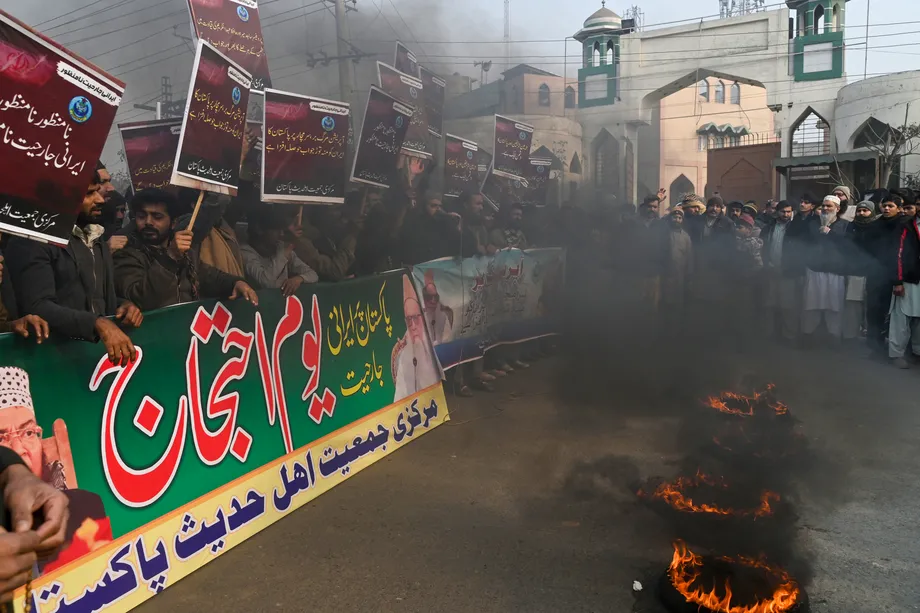
Iran and Pakistan traded missile attacks over the past week, supposedly as part of each nation’s efforts to disrupt violence by ethnic separatist groups. The strikes arrived against a backdrop of spiraling conflict in the Middle East, meaning any further violence could risk expanding that fighting.
To be clear, there’s no specific, concrete tie between Iran’s conflict with Pakistan and the wider conflicts in the Middle East, which include Israel’s war in Gaza as well as a tit-for-tat exchange between the US and Yemeni rebels in the Red Sea. And both Iran and Pakistan on Friday promised to de-escalate. But it’s hard to ignore this week’s attacks, given the ongoing instability and gradual escalations in conflicts involving Iranian proxy groups.
That’s in large part because Iran plays at least some role in all of the conflicts currently underway in the Middle East. Iran has links to Hezbollah in Lebanon as well as Hamas in Gaza, both groups fighting Israel. The country has also offered past support to the Houthis in Yemen, the rebels currently disrupting shipping and sparring with the US and its Western allies in the Red Sea. And Iran’s provided backing to smaller militia groups based in Iraq and Syria currently attacking US anti-ISIS coalition positions in those countries.











